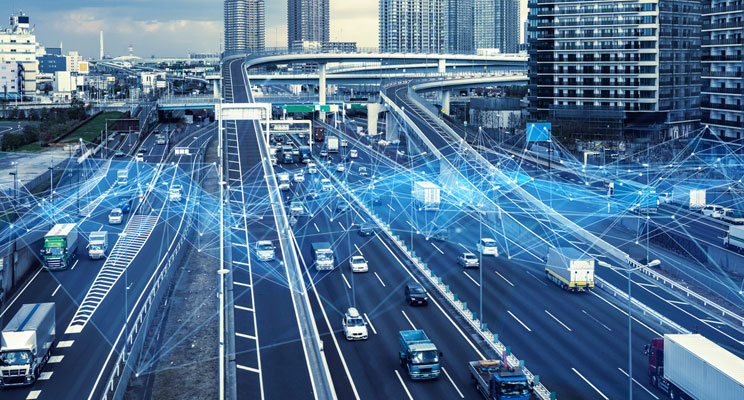There has been a lot of discussion lately about automation, digital freight brokers and other means of bringing machine-driven efficiency to the freight industry. The way some of the headlines read, you’d think we are a year or two away from an industry run by AI and self-driving vehicles. We may get there eventually but I believe we’re a long way off from being able to replace what makes this industry work: smart, experienced people.
Moving freight is a dynamic, nuanced business. There may be a “cheapest, fastest way” to get something moved today but conditions tomorrow may require a completely different solution. A staggering number of factors influence that decision: cost of ocean freight, cost of drayage, transit times, East Coast vs. West Cost routing, rail availability, chassis availability, inbound/outbound volumes by market and by customer.
Want an example? Let’s say you’re trying to get cargo into Central Illinois. Should you route that cargo through Chicago or Indianapolis? Well, as it turns out an ocean carrier has just landed a new export account coming out of Indianapolis rail. They need import containers in that market to support the outbound volume, so they discount their ocean freight import rates into that market. Drayage may be more expensive out of Indianapolis, but when balanced against the reduced cost of ocean freight, the overall cost drops.
That’s a fairly simple example and the real world gets even more complex. The point is that trying to automate that decision removes the art of putting together seemingly unrelated pieces of information, gleaned from industry knowledge, to arrive at the best solution possible. An automated brokering system would likely see the higher cost of drayage in Indianapolis and recommend routing the cargo through Chicago. A perfectly reasonable solution but not necessarily the best one for the customer.
At our company, we’re constantly evaluating opportunities to improve our technology. We want more visibility, better data that is more easily accessed so we can make better decisions for our clients. We want whatever systems allow us to most efficiently handle the tasks that keep our clients informed and their cargo moving. We’ll never stop pushing to see our industry improved through technology.
That said, no amount of technology can replace the benefit of having a concerned, experienced person working on your behalf to deliver the best outcomes. I don’t see that changing anytime soon and that’s why I, for one, am not yet ready to welcome our new robot overlords.

